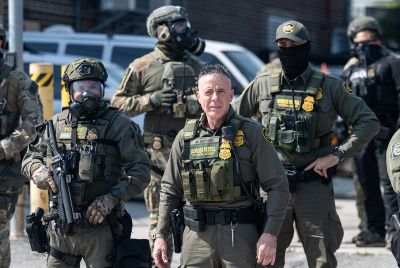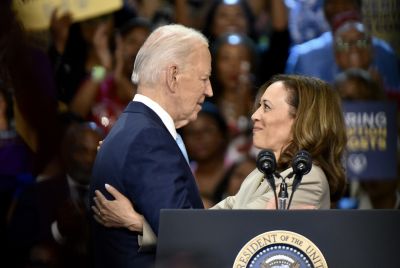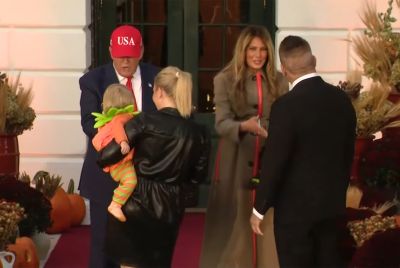Cameron in Jamaica: Prime Minister must highlight violent homophobia and 'batty bwoy' hatred
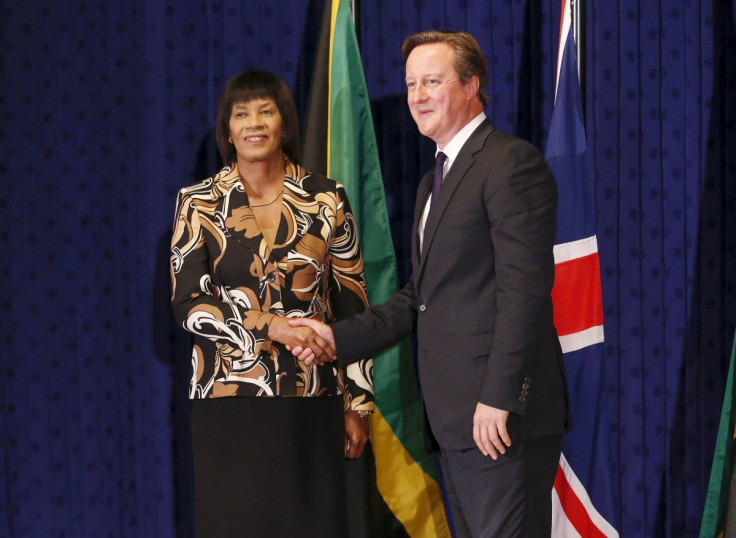
To his great credit, David Cameron has previously promised that his government will champion lesbian, gay, bisexual and transgender (LGBT) rights worldwide: declaring that LGBT rights are universal human rights and that Britain will use its influence to defend the rights of sexual and gender minorities worldwide. Bravo!
Today, as he visits Jamaica, our Prime Minister will have a chance to make good that commitment in a country where it really matters and where his words can make a positive impact. All eyes will be on Cameron as he addresses the Jamaican parliament. Will he deliver on his promise to affirm LGBT rights globally, including for LGBT Jamaicans?
David Cameron should grasp today's opportunity to help challenge prejudice and put LGBT equality into public and political consciousness.
Jamaica is a country where a declaration of support for LGBT equality is desperately needed. Most local politicians and the government shy away from the issue. Around 80% of the population oppose LGBT people and LGBT rights. Mob violence against known or suspected LGBT people is not uncommon.
Those who escape violence, live in fear of exposure, rejection and discrimination. There have been cases of LGBT victims of hate crime who've been abused by the police when they've reported an assault and who've been denied treatment in hospital casualty departments.
Not surprisingly, LGBT Jamaicans have high rates of family disownment, homelessness, unemployment, loneliness, depression, self-harm and drug and alcohol abuse. Gay teens thrown out of home by their homophobic parents often end up living rough in places like garbage dumps, storm drains and the sewers of Kingston, the country's capital.
Anti-LGBT intolerance has been inflamed for many years by a poisonous outpouring of dancehall reggae lyrics by big name Jamaican pop artists like Bounty Killer, Beenie Man and Buju Banton. They have openly incited the murder of LGBT Jamaicans - and never been prosecuted, despite such incitements being illegal under Jamaican law.
In these hateful circumstances, only a handful of Jamaicans are openly LGBT. There are no well known out public figures. The gay activist Brian Williamson was the first person to come out and be reported in the media as an openly gay man. He was brutally murdered in a frenzied knife attack in 2004.
Although some sections of public opinion are today less homophobic than a decade ago, a well organised religious-led anti-gay campaign - often funded or promoted by homophobic US and British Christian groups - risks putting this slight liberalisation into reverse, as happened in Uganda.
The Prime Minister of Jamaica, Portia Simpson Miller, previously suggested that her government might review the country's anti-gay sexual offences legislation. Unnerved by a fierce backlash, she retreated; putting the idea on hold indefinitely.
Given the few liberal politicians in Jamaica and the failure of most of them to speak out against homophobia, biphobia and transphobia, David Cameron should grasp today's opportunity to help challenge prejudice and put LGBT equality into public and political consciousness.
Not only would this be the right thing to do, it is perhaps his duty to speak out against the homophobia that Britain imposed on Jamaica in the nineteenth century, when it sent out 'fire and brimstone' Christian missionaries who promoted anti-LGBT prejudice in the name of religion.
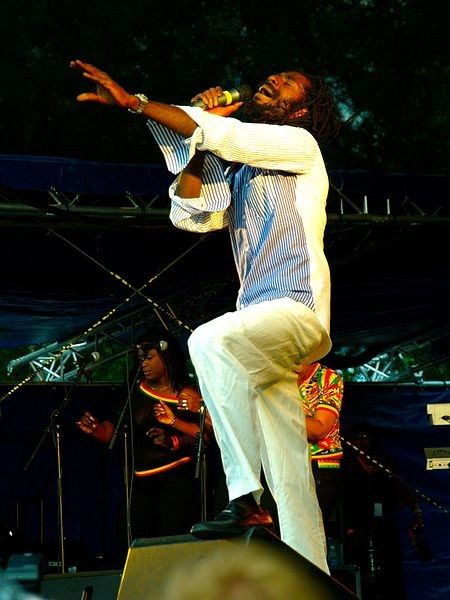
Their homophobic ideology was backed up by legislation. The colonial administration in London ensured the enactment of Jamaica's first law against same-sex relations. It remains on the statute book today; stipulating 10 years hard labour for sodomy. Although rarely enforced, it criminalises every sexually active gay and bisexual man. Even if they are never arrested, it stigmatises them with the status of unapprehended felons. In other words, they are criminals who have not yet been apprehended by the police. It also leaves them open to blackmail.
Cameron should use his address to the Jamaican parliament and his press conferences to make a plea for LGBT equality in Jamaica and throughout the Caribbean. This would put the issue on the agenda, generate public debate and be a great morale boost for the country's beleaguered LGBT community.
Even better, he could meet the inspiring, courageous activists from Jamaica's LGBT organisation, J-FLAG, or the homeless LGBT youth who sleep in makeshift underground shelters. That would send a powerful, uplifting message of inclusion and acceptance.
Cameron should not dictate or demand. That would smack of neo-colonialism. But he can praise universal human rights principles and gently remind the Jamaican government of its pledge to uphold international humanitarian law, which enshrines equality and non-discrimination as core values, binding on all nations.
Over to you Dave. Make good your promise to promote LGBT equality worldwide by speaking out in Jamaica today. We are waiting and, more importantly, so are LGBT Jamaicans.
For more information about Peter Tatchell's human rights work, to receive his email bulletins or to make a donation: http://www.PeterTatchellFoundation.org
© Copyright IBTimes 2025. All rights reserved.




